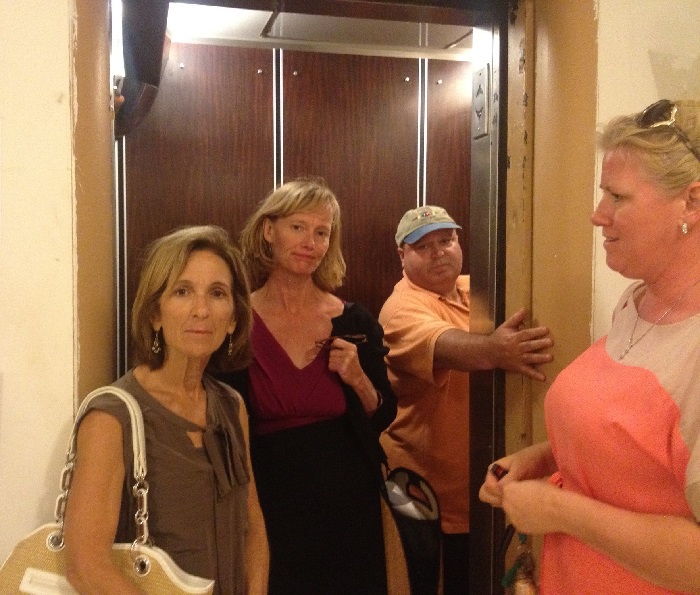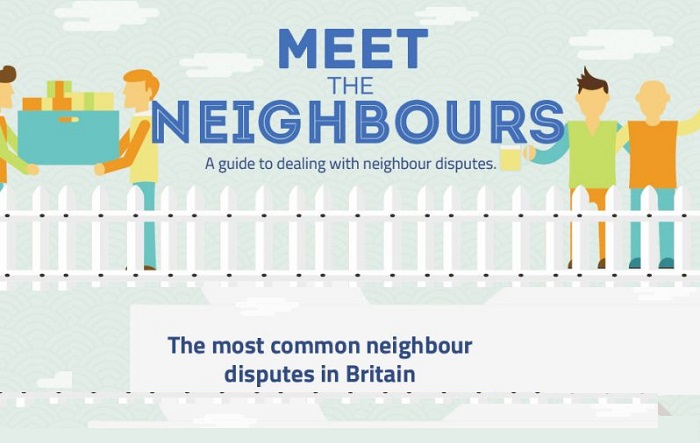If you are considering taking your first steps onto the property ladder, you basically have a choice between purchasing a condo or purchasing a house. Which is right for you depends on your circumstances and wants/needs.

A condo encompasses more elements of apartment living which can have both its benefits and drawbacks, and it is important to weigh these up before you make a final decision and take on what is a huge financial undertaking. Why not check out the Mirvish + Gehry condo complex to see an example of what’s on offer and then come back here to find out more about the pros and cons?
#1: No Mowing the Lawn
One of the biggest pros of living in a condo is that there is very little to look after aside from the general cleanliness of your home, and even then, there’s not a whole lot of that in comparison to a house. Less square footage means less cleaning and no garden means you don’t have a lawn to mow, a garden to tend to or a roof to repair when things start to go wrong. This leaves you with more time to do things which you truly enjoy.
#2: A True Sense of Community
When you are living in a condo building, there’s a true sense of community between you and your fellow residents, especially when there are communal areas such as lounges and game rooms. This is much better than living in a street where people keep themselves to themselves and don’t get involved with each other. You will make more friends and develop relationships.

#3: It Can Be Quite Noisy
The obvious downside to living in a condo vs. a detached house is the noise factor. When you live in a condo, you are adjoined to other people’s homes and sometimes there can be problems arising due to noise. Although modern condo buildings have good sound insulation, it’s not perfect and this is an important consideration if you are somebody who doesn’t like the slightest bit of noise from other people.
#4: You Can’t Choose Your Neighbours
Although you can’t pick your neighbours with a house, it’s easier to avoid them. When you live in the same block as neighbours whom you don’t like, avoiding them can be difficult as you are forced to share certain parts of the building with them. Although there can be a great sense of community, this can work in the other direction and be more of an inconvenience than anything else.
When it comes to deciding between buying a condo and a house, the decision can be very hard to make. It requires a lot of careful thought before you dive into it – you’ll probably be living in your condo for several years and it’s important to make the right choice. There are many other pros and cons associated with living in a condo vs living in a house, so before you commit to anything, carry on doing your research. For the Silo, Dimitry Karloff.





